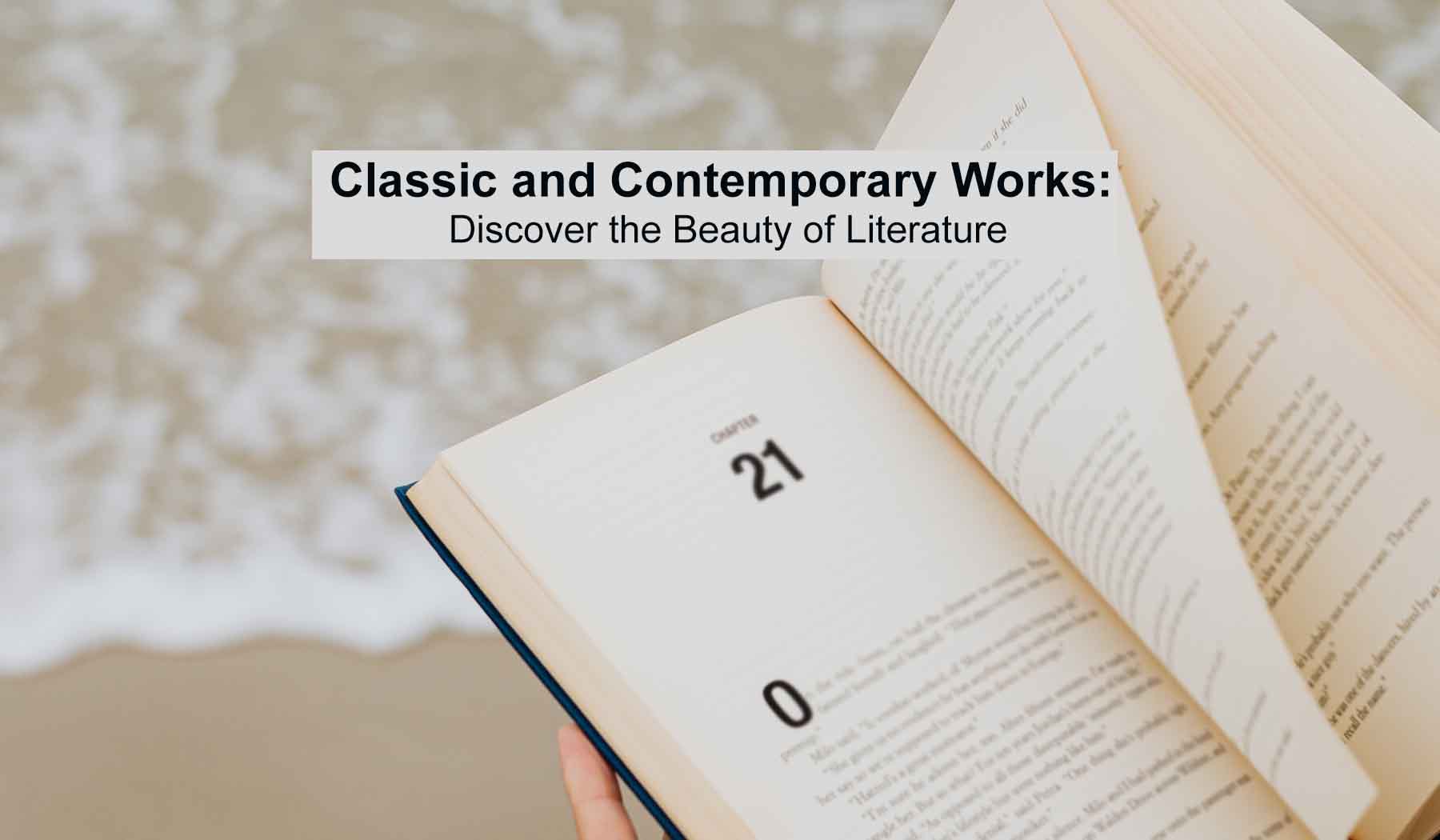Literature has been a source of inspiration and entertainment for centuries.
From classic works to contemporary novels, literature has the power to transport readers to different worlds and offer new perspectives on life.
Discovering the beauty of literature can be a rewarding experience, and this guide aims to help readers explore both classic and contemporary works.
Whether you’re an avid reader or just starting to explore the world of literature, this guide offers a range of recommendations to suit different tastes.
Classic works such as Jane Austen’s “Pride and Prejudice” and F. Scott Fitzgerald’s “The Great Gatsby” are timeless masterpieces that continue to captivate readers today.
Meanwhile, contemporary novels like Chimamanda Ngozi Adichie’s “Americanah” and Haruki Murakami’s “1Q84” offer fresh perspectives on modern life.
This guide will provide readers with an overview of different genres and styles of literature, from romance and historical fiction to science fiction and fantasy.
By exploring both classic and contemporary works, readers can gain a deeper appreciation for the beauty and power of literature.
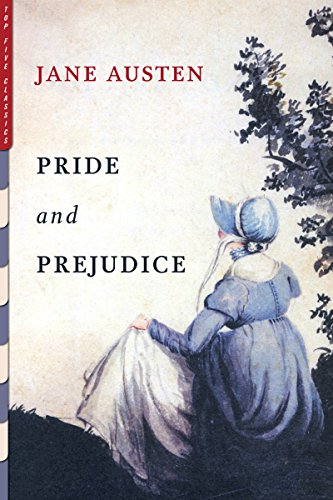
The Importance of Literature
Literature is an essential part of human culture and has been for centuries.
It is a medium through which we can learn about our past, present, and future. It can educate, inspire, and entertain us.
In this section, we will explore the importance of literature in our lives.
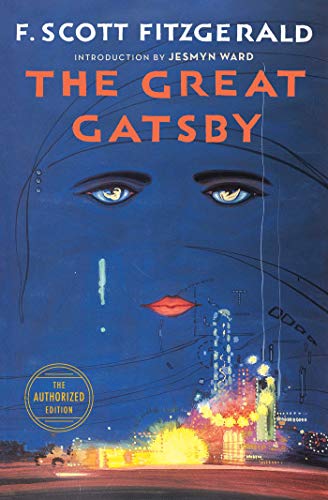
Literature as a Reflection of Society
Literature is a reflection of society. It captures the thoughts, feelings, and experiences of people from different times and places.
Through literature, we can learn about the customs, traditions, and beliefs of different cultures.
We can also gain insight into the struggles and triumphs of people throughout history.
For example, the works of William Shakespeare are a reflection of Elizabethan England.
Through his plays, we can learn about the social order, politics, and values of the time.
Similarly, the works of Toni Morrison provide a window into the experiences of African Americans in the 20th century.
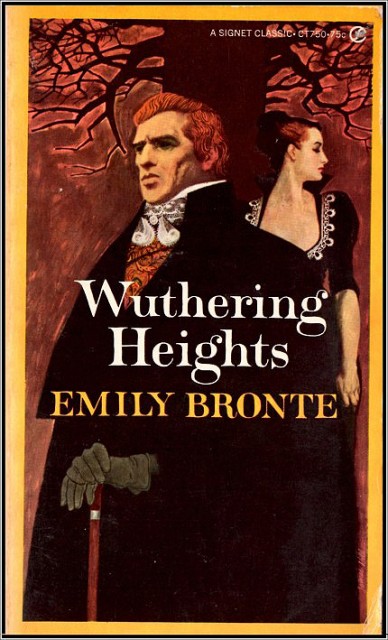
The Benefits of Reading Literature
Reading literature has many benefits. It can expand our knowledge, improve our vocabulary, and enhance our critical thinking skills.
It can also help us develop empathy and understanding for people from different backgrounds.
Studies have shown that reading literature can also improve our mental health.
It can reduce stress, increase our sense of well-being, and improve our ability to cope with difficult situations.
In addition, reading can be a form of self-care and a way to escape from the stresses of daily life.
In conclusion, literature is an important part of our culture and has many benefits.
It can teach us about our past, present, and future and help us develop empathy and understanding for others.
Reading literature can also improve our mental health and provide a form of self-care.
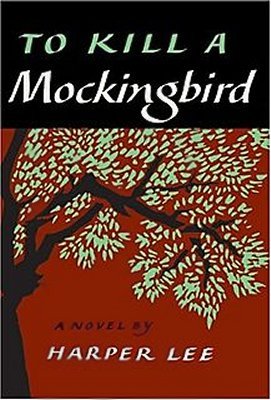
Classic Literature
Defining Classic Literature
Classic literature refers to works of literature that have stood the test of time and are widely recognized as some of the most important and influential works in history. These works are often studied in schools and universities and are considered to be essential reading for anyone interested in literature.
The Most Important Classic Works
There are many classic works of literature that are considered to be essential reading for anyone interested in the subject.
Some of the most important classic works include:
- The Iliad and The Odyssey by Homer
- The Divine Comedy by Dante Alighieri
- Pride and Prejudice by Jane Austen
- Wuthering Heights by Emily Bronte
- To Kill a Mockingbird by Harper Lee
- 1984 by George Orwell
- The Great Gatsby by F. Scott Fitzgerald
These works are just a few examples of the many classic works of literature that have stood the test of time and are still widely read and studied today.

Why Read Classic Literature?
Reading classic literature can be a rewarding experience for a number of reasons.
For one, it can provide a deeper understanding of history and culture.
Many classic works of literature were written during a specific time period or in a specific culture, and reading them can provide insight into the beliefs, values, and customs of that time and place.
Additionally, reading classic literature can help develop critical thinking skills and improve one’s ability to analyze and interpret complex texts.
Many classic works of literature are rich in symbolism and metaphor, and analyzing these elements can help readers develop a deeper understanding of the text.
Finally, reading classic literature can be a great way to improve one’s writing skills.
Many classic works of literature are considered to be masterpieces of the written word, and studying these works can help readers develop a greater appreciation for the art of writing.
Overall, reading classic literature can be a rewarding and enriching experience for anyone interested in literature and the humanities.
